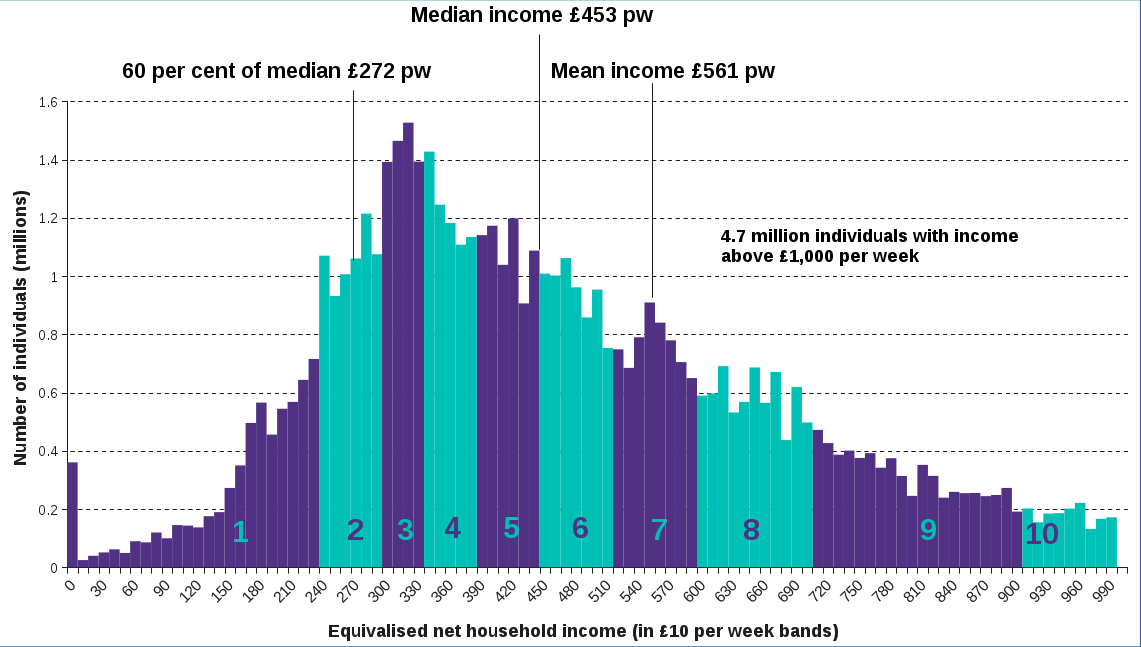A very pleasant Friday afternoon. My son and I went to the cinema, then had a good lunch at a cafe, with amazing baked-on-premises cake, and then browsed a few shops, coming away with a box set of Alien films and a Dr Who and the Web of Fear DVD. That all cost £45.
As we walked down Byres Road in Glasgow we passed a beggar sat by a bin. My son asked me for some money and I gave him a pound and he went back and dropped it in his cup. I went back too and said hello to the guy. This was repeated twice more as we walked a few hundred metres down the road.
I once asked a friend of mine who works with homeless folk, particularly those with drug problems, whether giving money helped them. She wasn't sure, but assured me that, whether I did or not, acknowledging their existence would be appreciated. Begging, she said, can leave you feeling invisible and sub-human.
I asked my son to consider why these people were begging on the street. He speculated that they had been made redundant, lost their jobs or had never had a job. I wondered about going back to ask the last guy we'd met, but decided against it, partly because I didn't want to intrude, but also because, quite selfishly, I didn't wish to risk being drawn in. The more I think on it, the more the latter seems like the main reason.
It's been bouncing around in my mind all afternoon. On another day, I'd have felt a pang of guilt then dismissed it, but perhaps I'm sensitised to it because I've recently been researching data on income distributions and poverty. (It's interesting that data can affect your mental state.)
There's one graph in particular that has grabbed my attention. What it contained was so surprising that I almost missed it. It shows the weekly income distribution for people in the UK, after tax, including benefits but before housing costs are deducted:
Source: HBAI data from the UK Government's Department of Work and Pensions.
Can you see it? Look next to the axis at the left of the graph: the first bar is for the income range £0 to £10 per week. It has about 360,000 people in it. The next band - £10 to £20 per week - has less than a tenth that in it. How can this be in a rich country like ours? Why aren't these people receiving benefits? Do they choose not to? Is their plight so bad they can't even make a claim? Or are they ineligible? I don't know the answer to these questions, but intend to find out.
